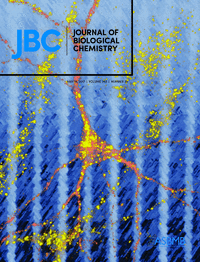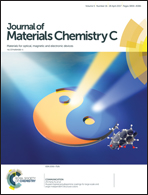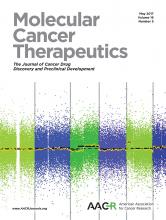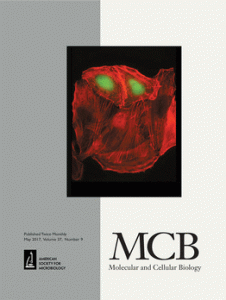 On April 27, the Journal of Biological Chemistry (JBC) retracted nine papers by a researcher based in Israel, including some dating back to 2000.
On April 27, the Journal of Biological Chemistry (JBC) retracted nine papers by a researcher based in Israel, including some dating back to 2000.
The reason: Image manipulation.
Michal Neeman, vice president of The Weizmann Institute of Science, told us that the researcher, Rony Seger, is under investigation following an allegation of misconduct affecting papers in multiple journals.
So far, we’ve found 11 retractions for papers by Seger, a molecular biologist. In the notices, the authors state they have “full confidence” in the findings, and in many instances have replicated the work.
According to Neeman:
 A diabetes journal has issued two notices of concern for papers co-authored by a researcher who took another publisher to court after it did the same thing — but
A diabetes journal has issued two notices of concern for papers co-authored by a researcher who took another publisher to court after it did the same thing — but 


 The former vice chancellor for research at the University of California, Los Angeles, has
The former vice chancellor for research at the University of California, Los Angeles, has 
 A diabetes researcher who once sued a publisher to prevent several retractions has just issued his 12th.
A diabetes researcher who once sued a publisher to prevent several retractions has just issued his 12th.